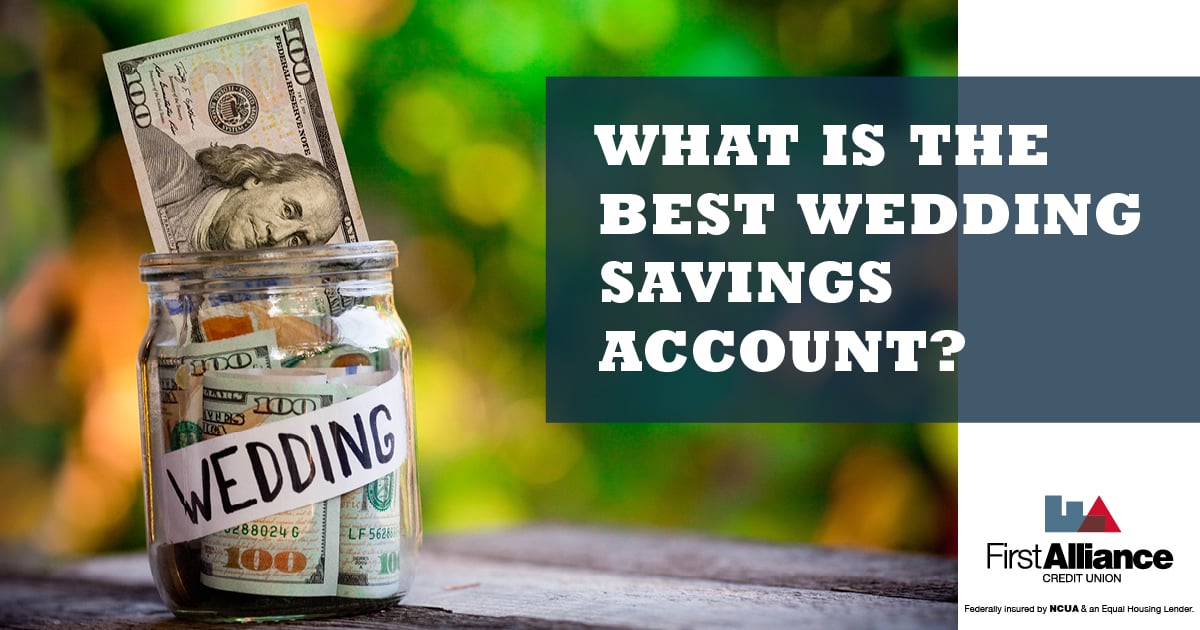I Have An Emergency Fund, Now What Do I Do With It?
Ask any financial expert what you need to do to become financially successful, and they’ll tell you one of the first steps is to set up an emergency...

Everyone knows that savings accounts pay interest on the money you keep in them. However, that amount of interest you learn is pretty low. Usually, it’s a fraction of a percent. This can lead to a lot of people wishing there was somewhere they could store their money where it could earn more interest.
Enter the high-yield savings account.
High-yield savings accounts are exactly what they say they are—savings accounts that offer a higher interest rate than a traditional savings account. What the exact number is, though, varies greatly.
While a traditional savings account will have interest rates of about 0.01%, a high-yield savings account will have interest rates of at least 1%. In other words, if you were to put $100 in a traditional savings account, you’d have $100.01 after a year. If you were to put the same $100 in a high-yield savings account, you’d have $101 after a year.

Granted, one dollar per year doesn’t seem like a lot. However, when you factor in monthly deposits and compound interest, you can stand to make significantly more money than you could if you only put your money in a traditional savings account.

Even though high-yield savings accounts can seem like a great deal, they also have their drawbacks. The biggest drawback is that a lot of high-yield savings accounts require you to keep a minimum amount of money in them in order to keep the high interest rate. If you don’t, you don’t get the higher interest rate.
High-yield savings accounts may also come with monthly maintenance fees. When looking at high-yield savings accounts, you need to make sure that the fees don’t wipe out any of the money you might get from the higher interest rate.
Currently, though, some online-only banks offer high-yield savings accounts. These banks can afford to offer a higher interest rate since they don’t have the overhead brick-and-mortar financial institutions need to worry about.
While keeping your money in these online-only banks may be tempting, online-only banks have limited means to accept deposits, and generally have little to no in-person assistance. If you want to keep your money in a high-yield savings account run by an online-only bank, be sure to take a look at how the bank accepts deposits, how you can withdraw money from your account and whether or not you can talk to an actual person if you need assistance.


If you’re looking for other ways to get a high interest rate for your money, you do have other options than a high-yield savings account. A Certificate of Deposit (CD) will give you an interest rate that is comparable to a high-yield savings account, and it only gets better the longer you leave your money in a CD. If you want a good interest rate for a retirement fund, take a look at an IRA. Both traditional and Roth IRAs have comparable savings rates to a high-yield savings account, and they can have significant tax benefits as well.
Deciding if a high-yield savings account fits your needs comes down to your financial goals and habits. If you’re someone who consistently maintains a healthy balance and wants your money to grow faster than it would in a traditional savings account, a high-yield option could be a great fit. It’s especially appealing for individuals who prefer easy access to their funds without the commitment required by other financial products, like CDs or IRAs.
However, if you need frequent access to your money or struggle to keep a minimum balance, you might find the potential fees or limitations of a high-yield savings account frustrating. A high-yield account works best for someone who’s starting to build their emergency fund and wants a safe place to grow their savings without locking the money away for too long.
To decide if it's right for you, here are a few simple steps:
By following these steps, you'll be able to make a decision that supports your financial goals. If a high-yield savings account sounds like a good fit, you can explore options at First Alliance Credit Union that work for you.

Ask any financial expert what you need to do to become financially successful, and they’ll tell you one of the first steps is to set up an emergency...

Once you’ve gotten engaged, you and your partner have to figure out how you’re going to pay for your wedding. While you can take out a personal loan...

Ask almost anyone if they know there’s a difference between saving and investing and they’ll say yes. Ask them if they know what that difference is,...